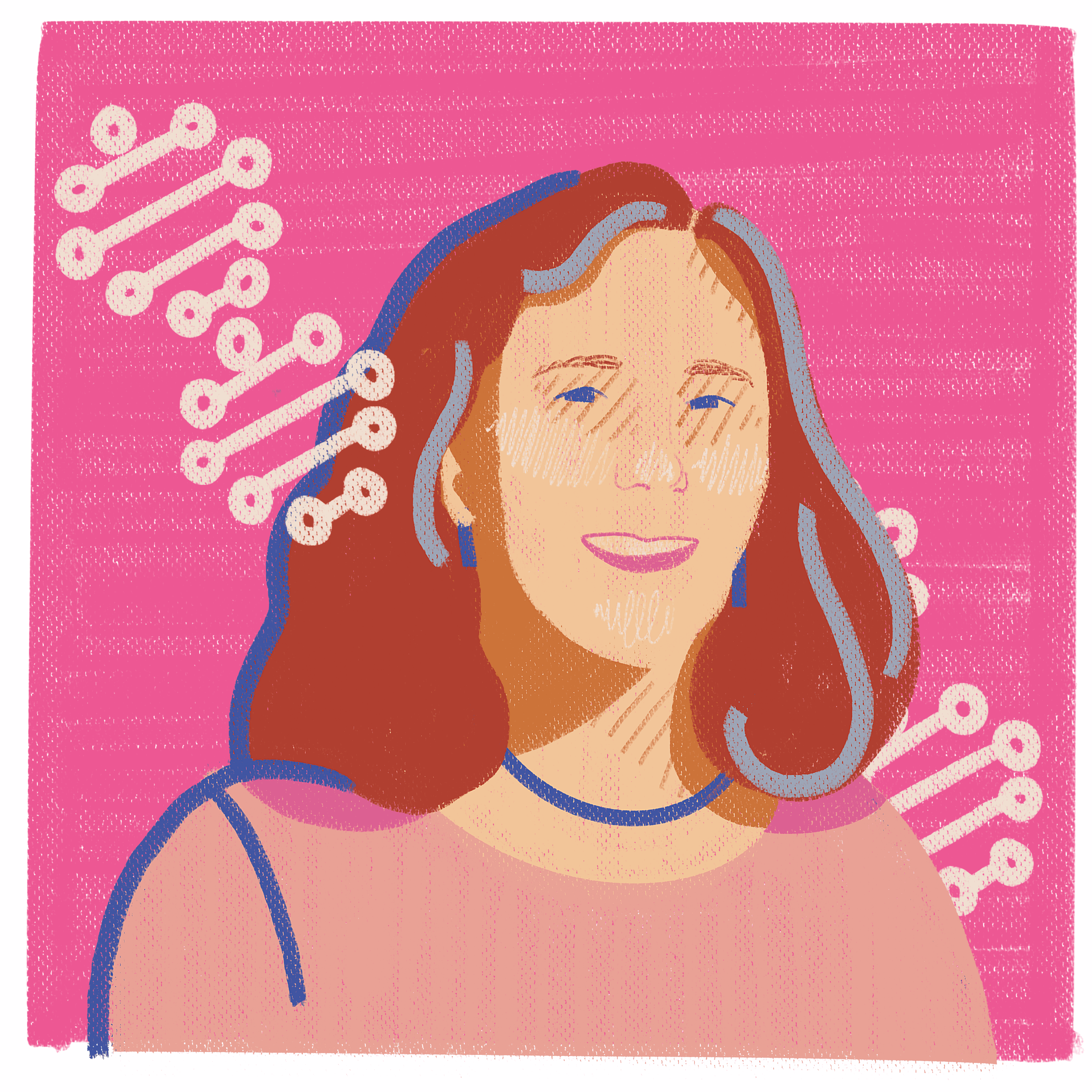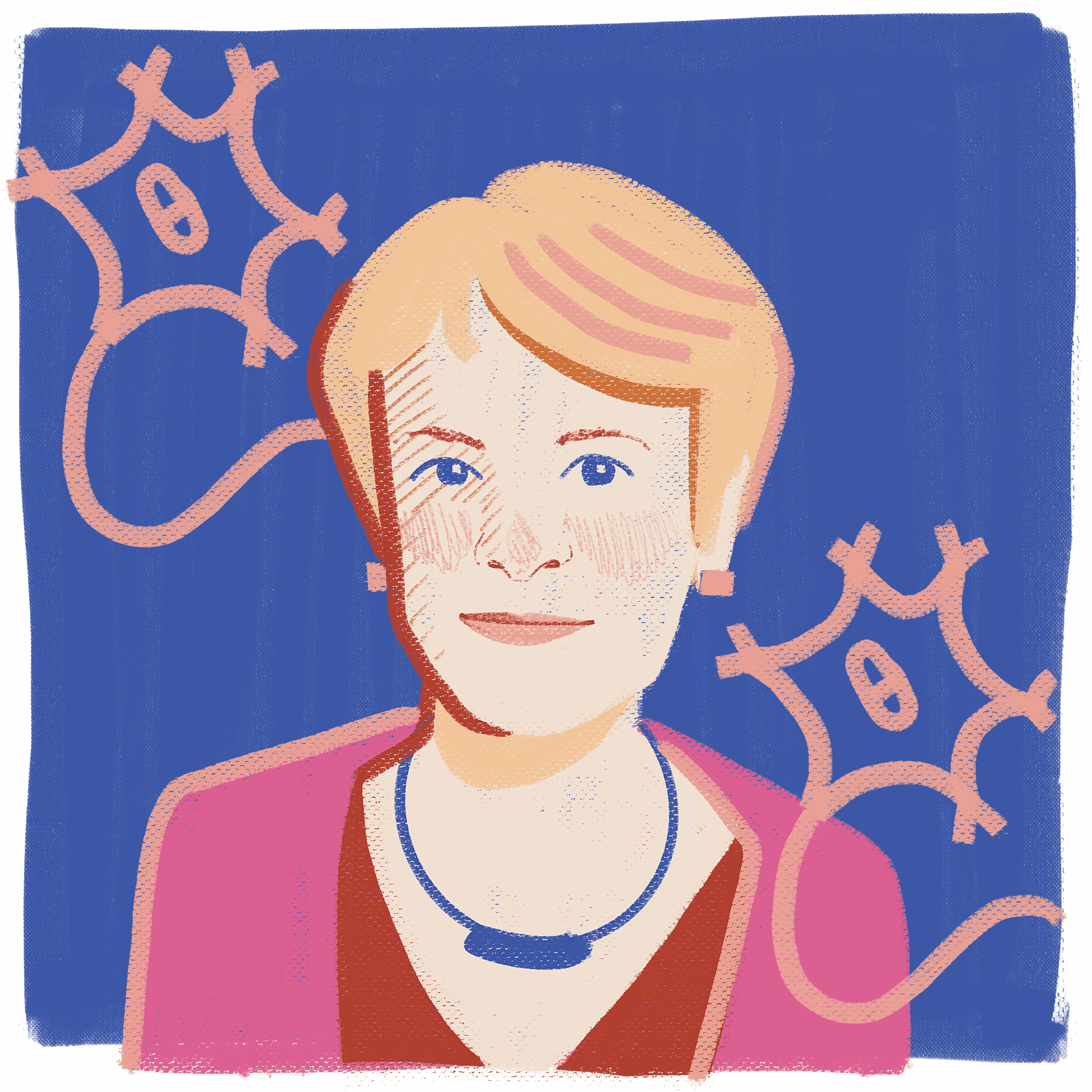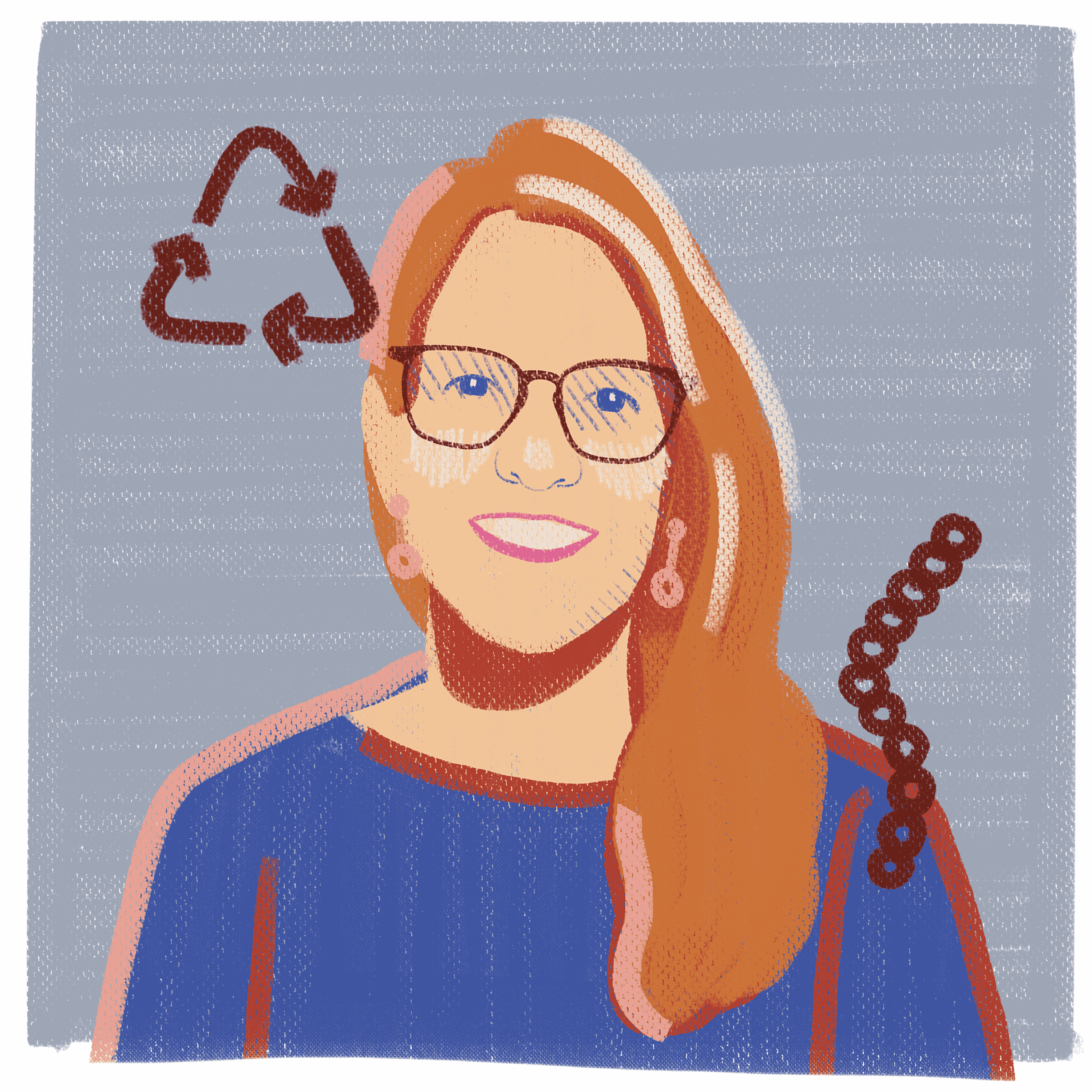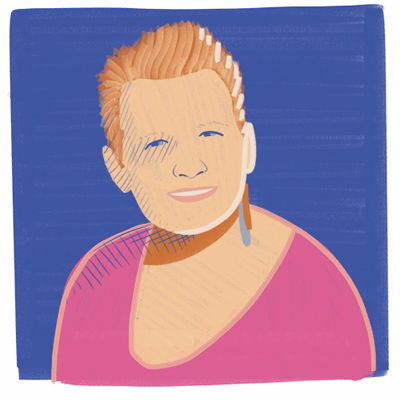Professor Sara Mole

Sara Mole read Natural Sciences (Biochemistry) at the University of Cambridge, UK, and then competed a PhD at Imperial College of Science and Technology London. Following two postdoctoral positions in which she entered the emerging field of molecular genetics, she was appointed Lecturer at University College London (UCL), eventually being promoted to Professor.
Through her work at UCL Sara has become an internationally recognised expert in Batten disease, a group of inherited neurodegenerative diseases affecting children. Her group contributed to the identification of the 13 genes now known, developed understanding of the correlation between genotype and disease phenotype, and contributes to the biology, disease mechanisms and translational research towards new treatments. Sara set up a web site, NCL Resource (ucl.ac.uk/ncl-disease), which contains curated tables summarising known mutations in Batten disease genes.
Sara collaborates with experts to bring together different disciplines in order to tackle the challenges and gaps in knowledge about Batten disease. She has participated in many EU Consortia over the years, including leading the Horizon 2020 Consortium BATCure, and still works with many of the participants.
Sara is also recognised for her leadership to increase gender equality and bring about cultural change. Sara recognised the bias that existed in STEM subjects and used the UK Advance HE Athena Swan chartering scheme to begin to address this. She led her department to the first Silver award at UCL then the first Gold award. Sara was appointed UCL’s first Envoy for Gender Equality to lead on this in the institution. UCL currently holds 50 Athena Swan awards, including three Golds. As Envoy, Sara has also worked with international institutions and bodies to help further their gender equality.
Diversity including women in science is important, because the world needs all the talent, expertise and experiences, including different perspectives and ways of doing things to fill gaps in understanding and tackle the many challenges we are currently facing.


